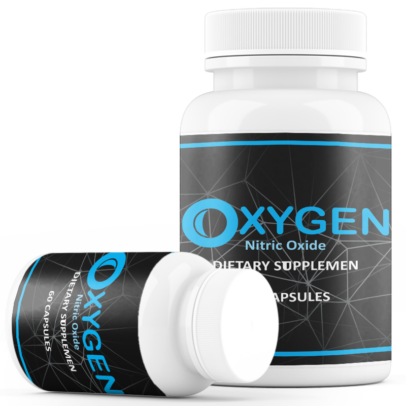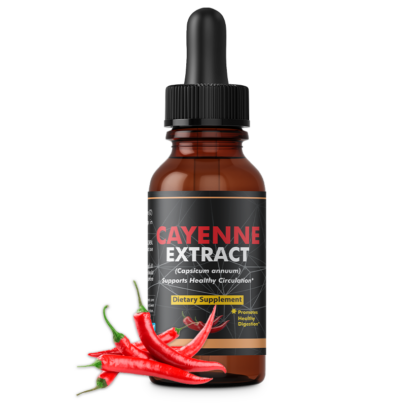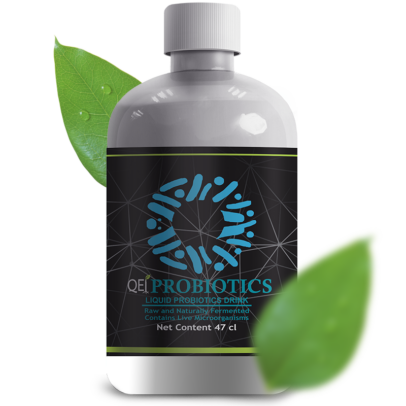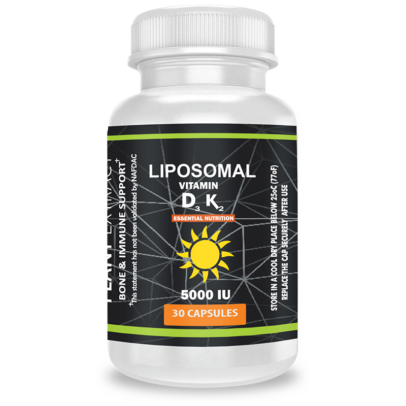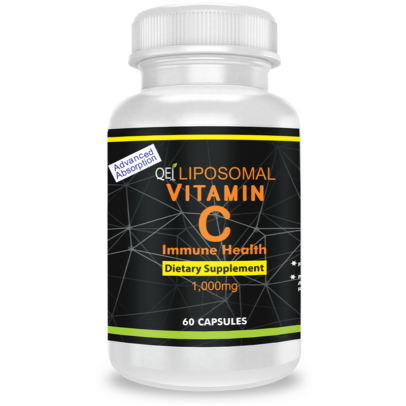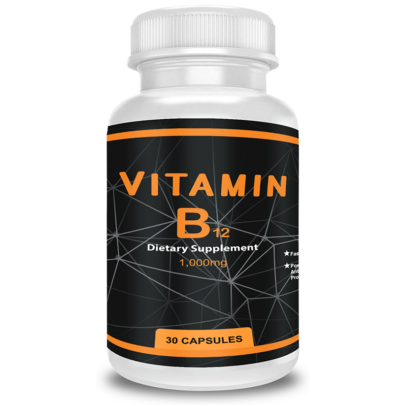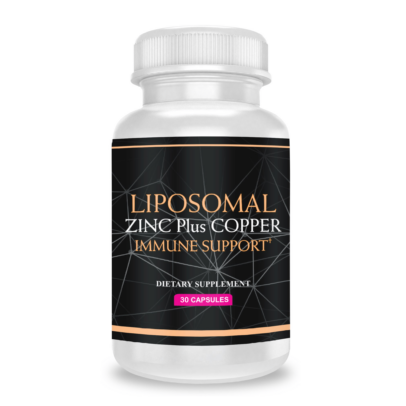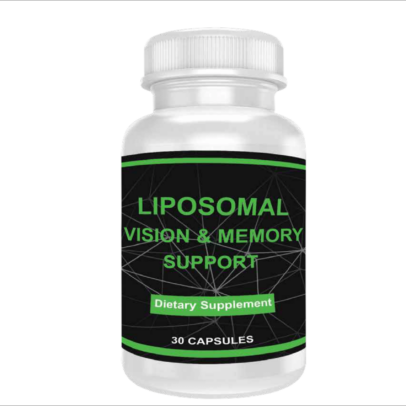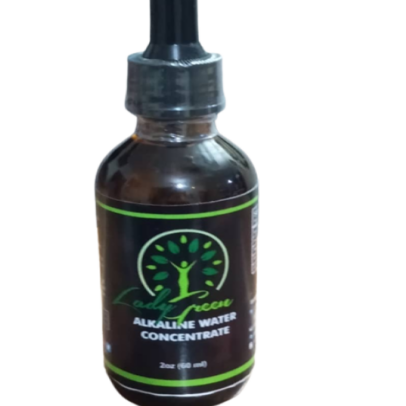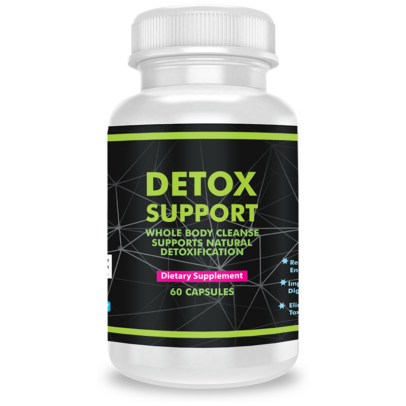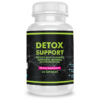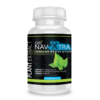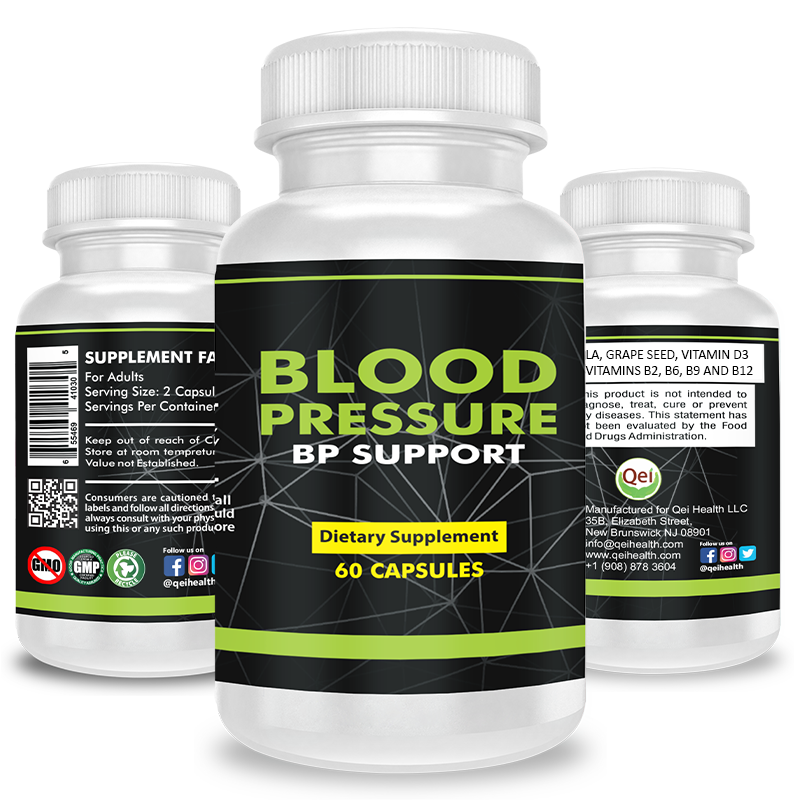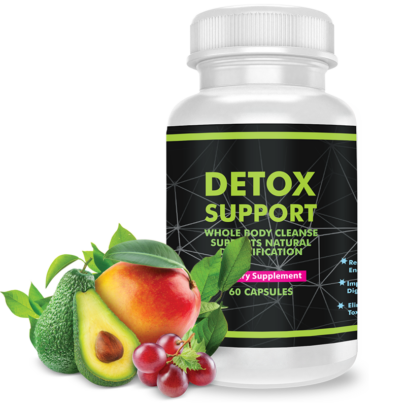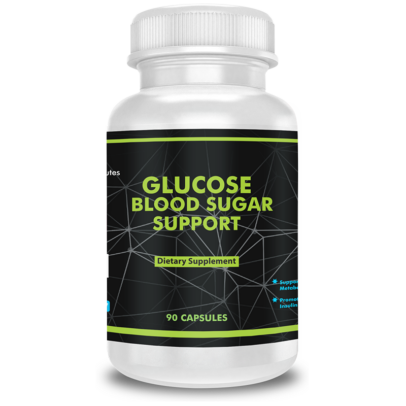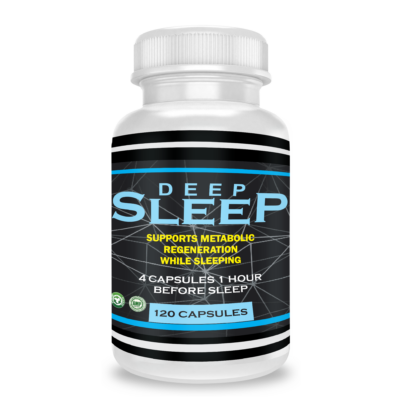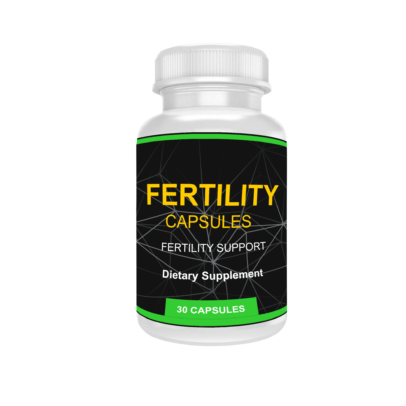
Blood Pressure Support
Blood Pressure Support
The Blood Pressure Support Supplement is expertly engineered to bolster heart health. It works by regulating the force of blood against arterial walls, commonly known as blood pressure. High blood pressure can strain the heart and lead to severe health issues. This supplement is meticulously crafted to maintain optimal blood pressure levels naturally, ensuring cardiovascular well-being. By supporting the body’s natural mechanisms, it aids in promoting a healthy heart and circulatory system. It supports the proper functioning of the endothelium, which is the inner lining of blood vessels Encourages natural vasodilation, widening blood vessels for improved blood flows. Helps maintain a balance of essential minerals like potassium which is crucial for the heart health. Supports the health and flexibility of arteries and blood vessels. It also contains antioxidants that help reduce oxidative stress in blood vessels.
Free
Worldwide Shopping
100%
Guaranteed Satisfaction
30 Day
Guaranteed Money Back
Ingredients of Blood Pressure
Amla
Amla popularly known as Indian gooseberry is a super food from India with a historical medicinal lineage stretching back over 1,000 years. Abundant in antioxidants, amla contributes to the mitigation of chronic health conditions such as heart disease, diabetes, and cancer. It boasts a substantial content of essential nutrients such as vitamin C, vitamin E, vitamin A, iron, and calcium. Notably, its robust vitamin C concentration aids in expedited recovery from illness. Encompassing various flavonols and beneficial compounds, amla supports enhanced memory function. The soluble fiber within amla swiftly dissolves in the body, moderating the pace at which sugars are absorbed. This, in turn, promotes glucose assimilation and the maintenance of balanced blood glucose levels, curtailing erratic spikes. Amla potentially diminishes oxidative stress and providing protection to pancreatic cells against oxidative damage. Its fiber content facilitates bowel regulation and offers relief from irritable bowel syndrome. Additionally, amla augments the secretion of gastric juices, aiding in efficient food decomposition. Renowned for its vitamin A content, amla bolsters vision and diminishes the risk of age-related macular degeneration. The amalgamation of phytonutrients and antioxidants in amla might aid in neutralizing free radicals, defending against brain cell damage. The copious presence of vitamin C in amla plays a role in the production of norepinephrine, a neurotransmitter linked to enhanced brain function in individuals grappling with dementia. Amla’s potential extends to moderating cholesterol levels, curbing harmful cholesterol and maintaining optimal levels of the beneficial kind-ultimately promoting sound cardiovascular health.


Vitamin D3
Vitamin D₃, scientifically known as Cholecalciferol, is a fat-soluble vitamin essential for facilitating the absorption of calcium and phosphorus within the body. It occurs naturally in animals and animal-derived products, such as milk. Additionally, the skin synthesizes vitamin D₃ upon exposure to ultraviolet B (UVB) radiation. Beyond its fundamental role in addressing vitamin D deficiency, vitamin D₃ offers valuable health benefits particularly for individuals contending with high blood pressure and osteoporosis. Vitamin D₃ notably diminishes the occurrence of hip fractures among individuals aged 70 and above, while concurrently enhancing bone mass density within the femoral (thigh) bone.
Vitamin B2
Vitamin B₂, known as riboflavin, stands as one component within the group of eight B vitamins. B vitamins exhibits water solubility and aids the body’s conversion of dietary carbohydrates into the essential energy source, glucose, which fuels energy production. These B vitamins, commonly known as B-omplex vitamins, also play a pivotal role in the metabolism of fats and proteins. They are indispensable for maintaining the well-being of the liver, skin, hair, and eyes, in addition to facilitating optimal nervous system functionality. In the context of this spectrum, vitamin B₂, or riboflavin, operates as an antioxidant, countering the detrimental impact of particles known as free radicals within the body. These free radicals can inflict damage on cells and DNA, potentially contributing to the aging process and the emergence of health conditions like heart disease and cancer. Riboflavin assumes a critical role in the conversion of vitamin B₆ and folate into bioavailable forms within the body. Furthermore, it plays a significant part in promoting growth and the production of red blood cells. Vitamin B₂, together with other essential nutrients, plays a crucial role in maintaining normal vision and even finds application in the management of migraines.


Vitamin B6
Vitamin B₆, known as pyridoxine, is a water-soluble nutrient naturally present in various foods and commonly added to both dietary sources and supplements. The biologically active coenzyme form of this vitamin, Pyridoxal 5’ Phosphate (PLP), serves as a key indicator of B₆ levels within the body. Operating as a coenzyme, PLP collaborates with over 100 enzymes, orchestrating a diverse range of functions. These functions encompass the breakdown of proteins, carbohydrates, and fats, regulation of Homocysteine levels (critical to prevent heart-related issues), support for immune system functionality, and the promotion of brain health. Vitamin B₆ stands central to more than 100 enzymatic reactions within the body. It plays an essential role in metabolizing proteins, fats, and carbohydrates, channeling their energy potential. Beyond energy metabolism, vitamin B₆ actively contributes to immune system activities, fosters optimal brain development during both pregnancy and infancy, participates in the synthesis of neurotransmitters like serotonin and dopamine, and plays a pivotal role in the creation of hemoglobin- the component within red blood cells responsible for energy transport.
Vitamin B9
Vitamin B₉, also known as folate or folic acid, is abundantly present in a diverse array of foods. Its role is indispensable in various bodily processes. It is essential for the production of red blood cells and plays a key role in DNA synthesis. Beyond these functions, folate contributes to tissue growth and supports optimal cell functioning. Additionally, it serves to enhance appetite when necessary and aids in the stimulation of digestive acid production.
Vitamin B12
Vitamin B₁₂, recognized as cobalamin, stands as a chemical compound containing cobalt, crucial for specific biochemical reactions within the body. This water-soluble vitamin is naturally found in select foods, incorporated into others, and accessible both as a dietary supplement and a prescribed medicinal form. Vitamin B₁₂ is instrumental in a range of physiological processes. It holds a pivotal role in supporting the development, myelination, and proper functioning of the central nervous system. Moreover, it contributes to the formation of healthy red blood cells and facilitates DNA synthesis. With involvement in the metabolism of carbohydrates, fats and proteins, vitamin B₁₂ is indispensable for energy generation. Notably, its contribution extends to the prevention of megaloblastic anemia, a condition characterized by fatigue and weakness due to aberrant blood cell development.
- Study history up to 30 days


